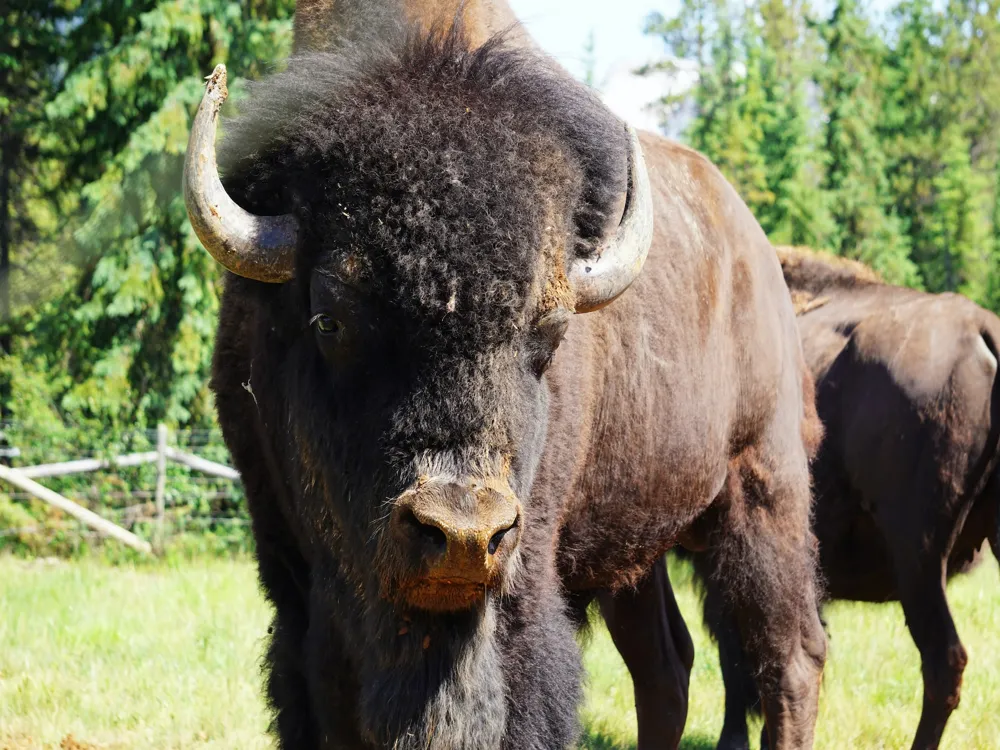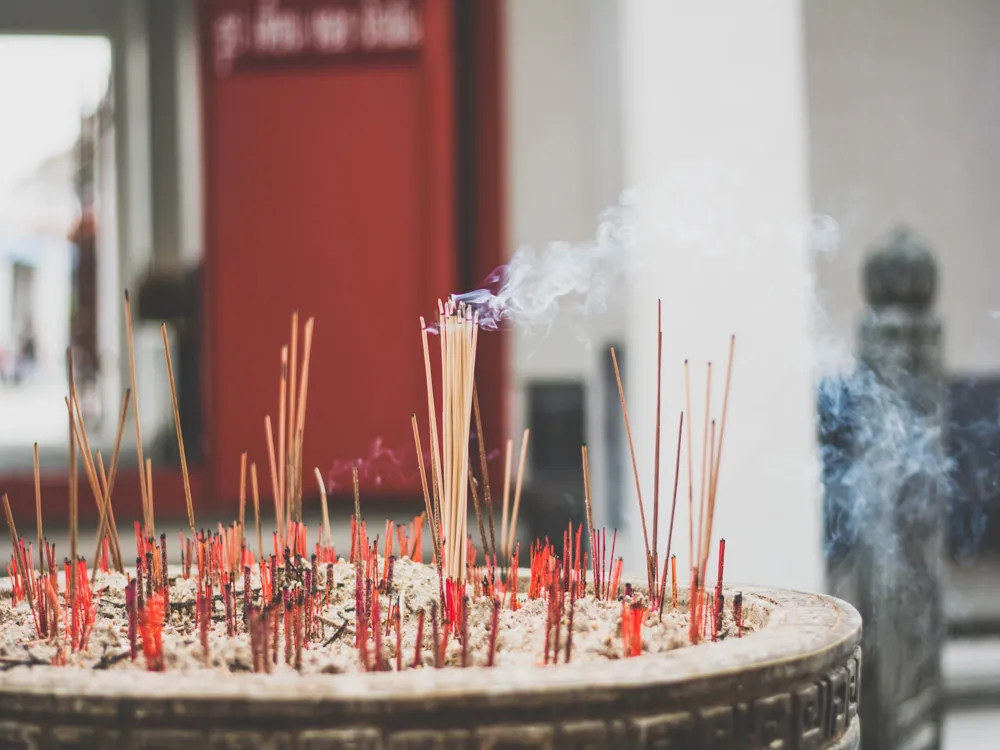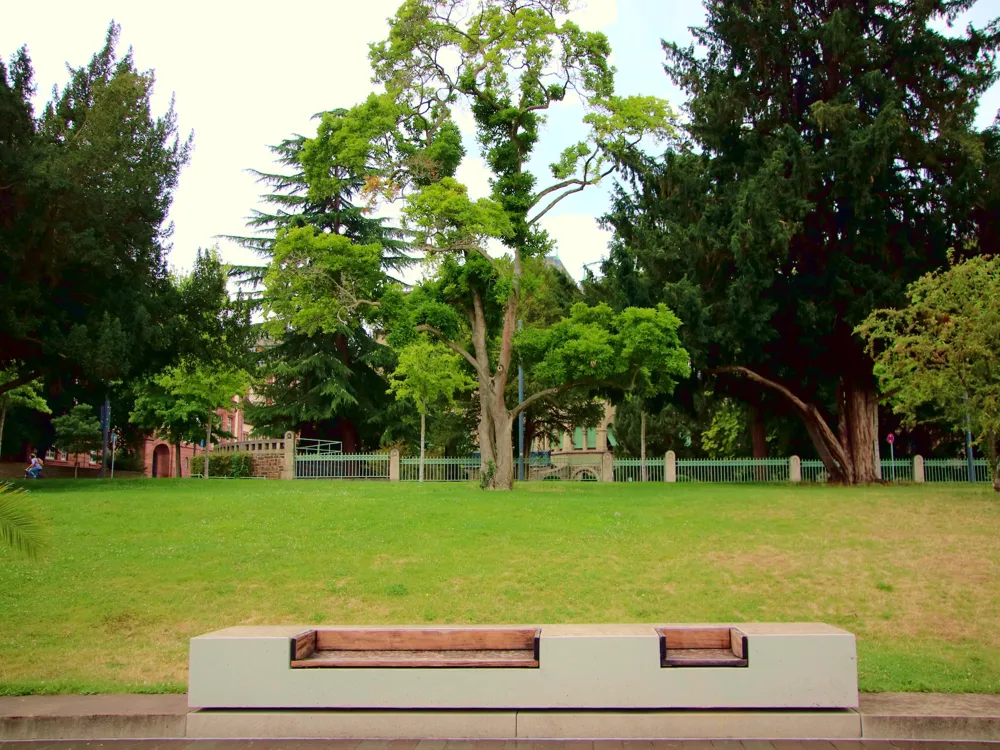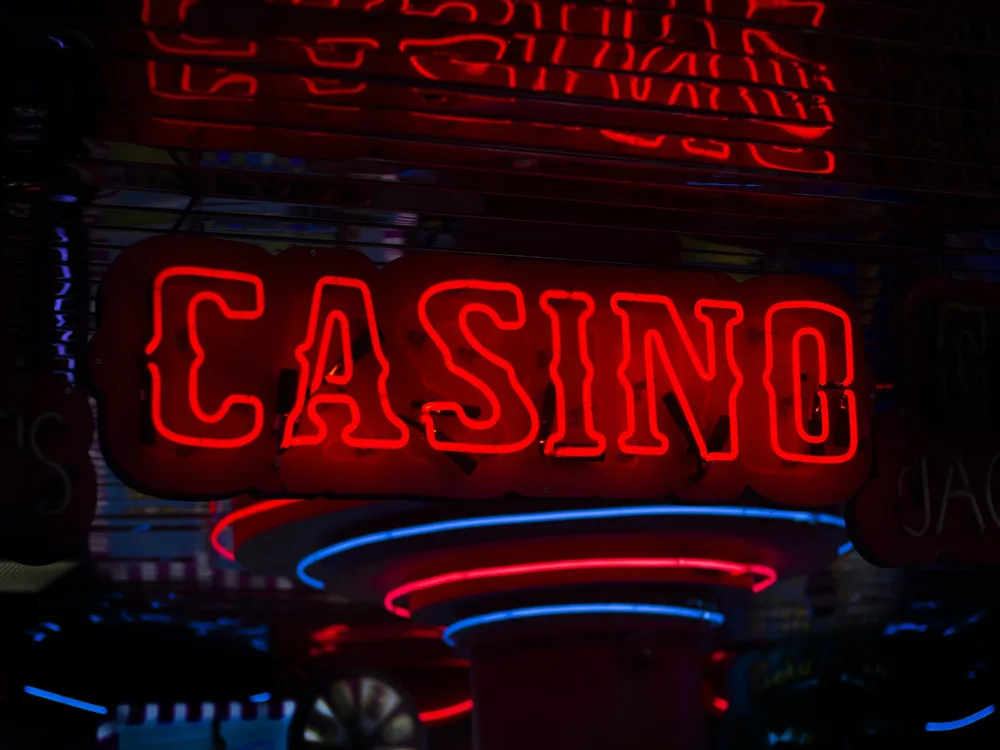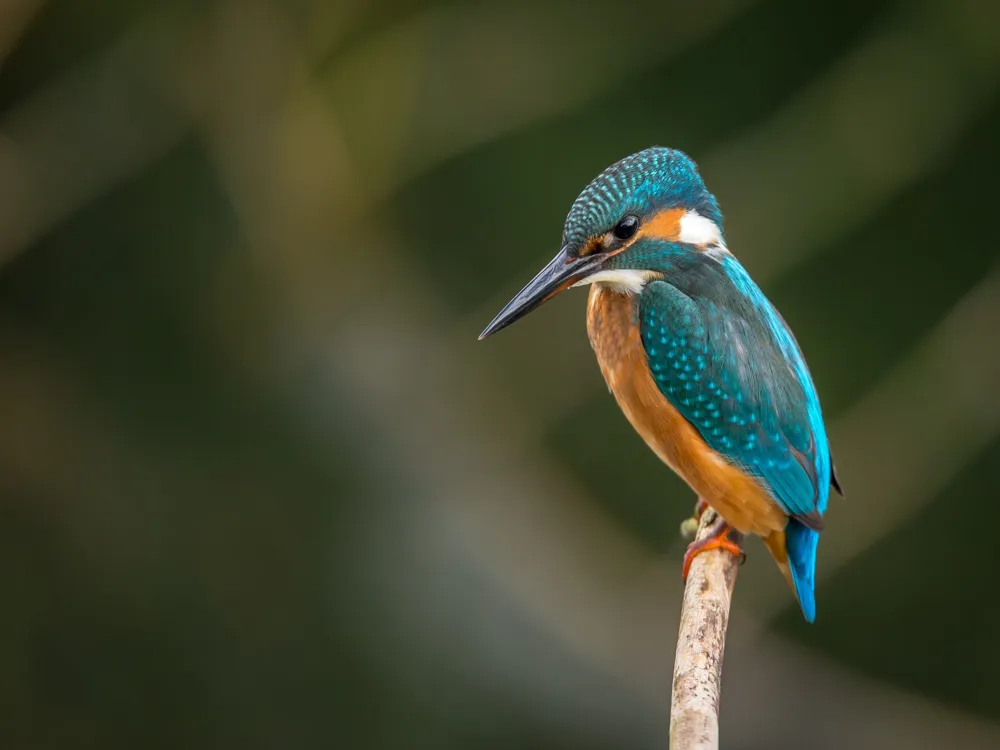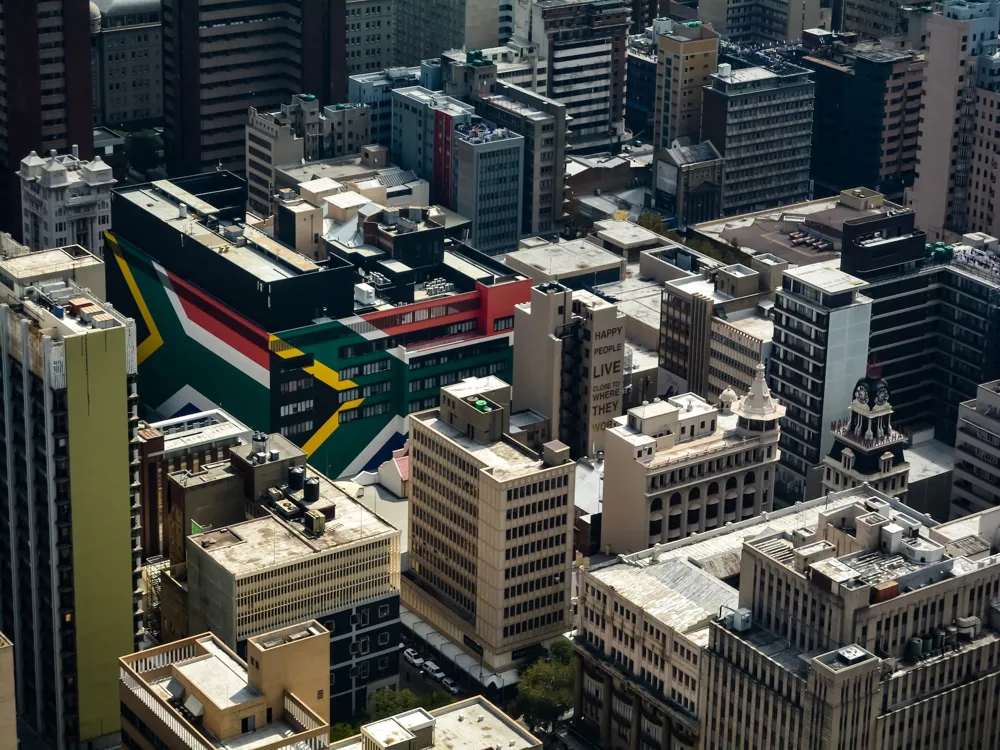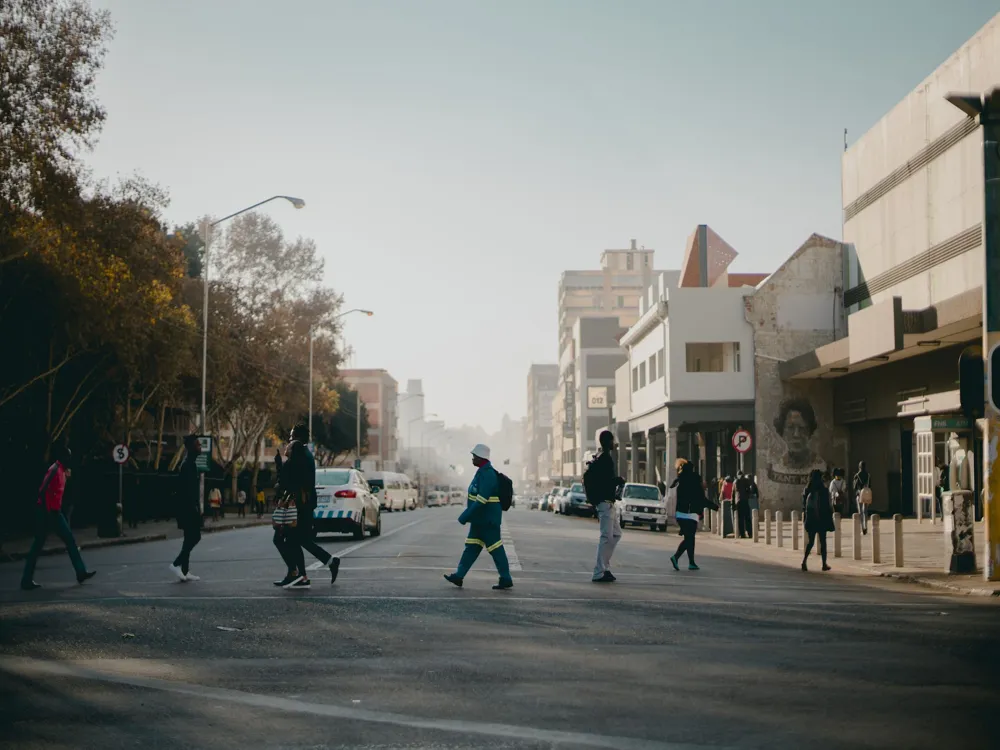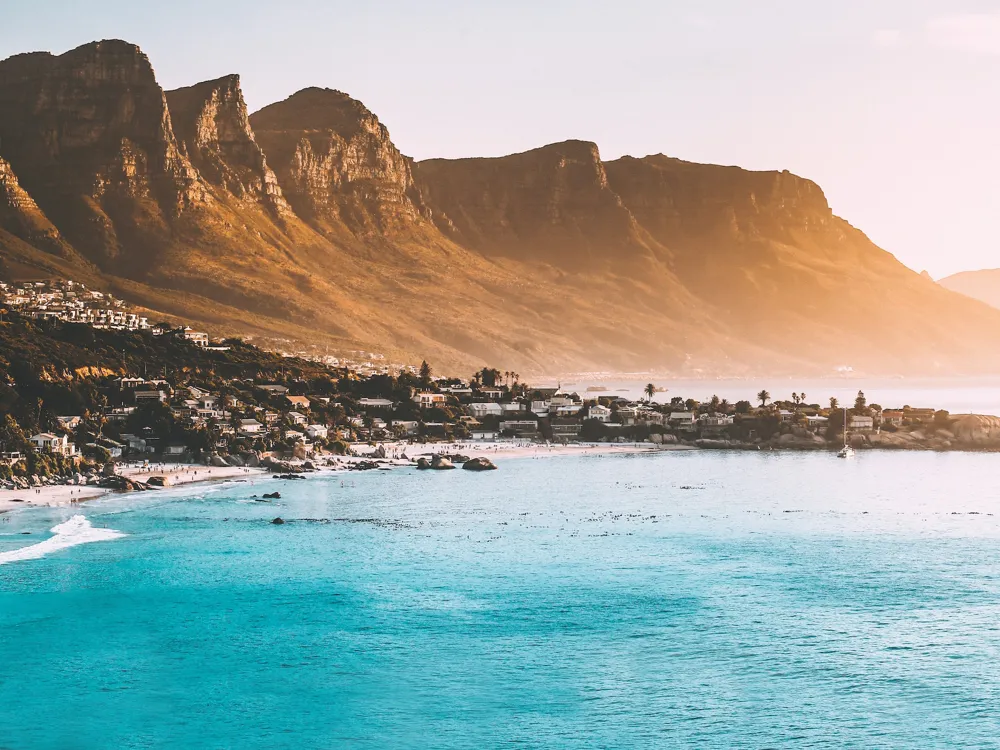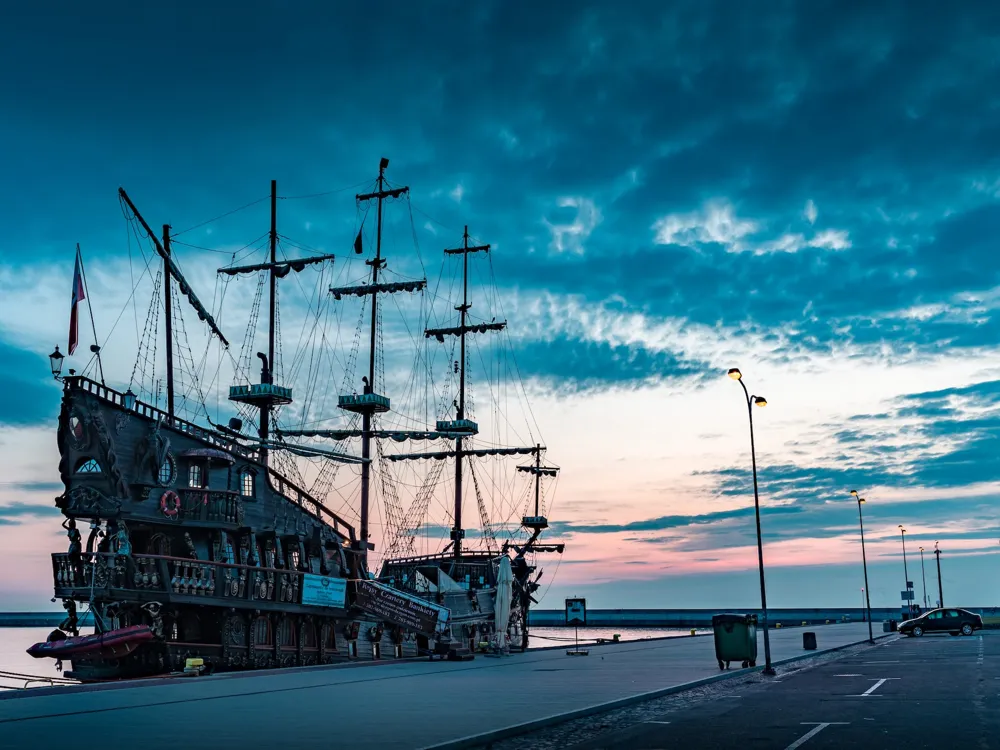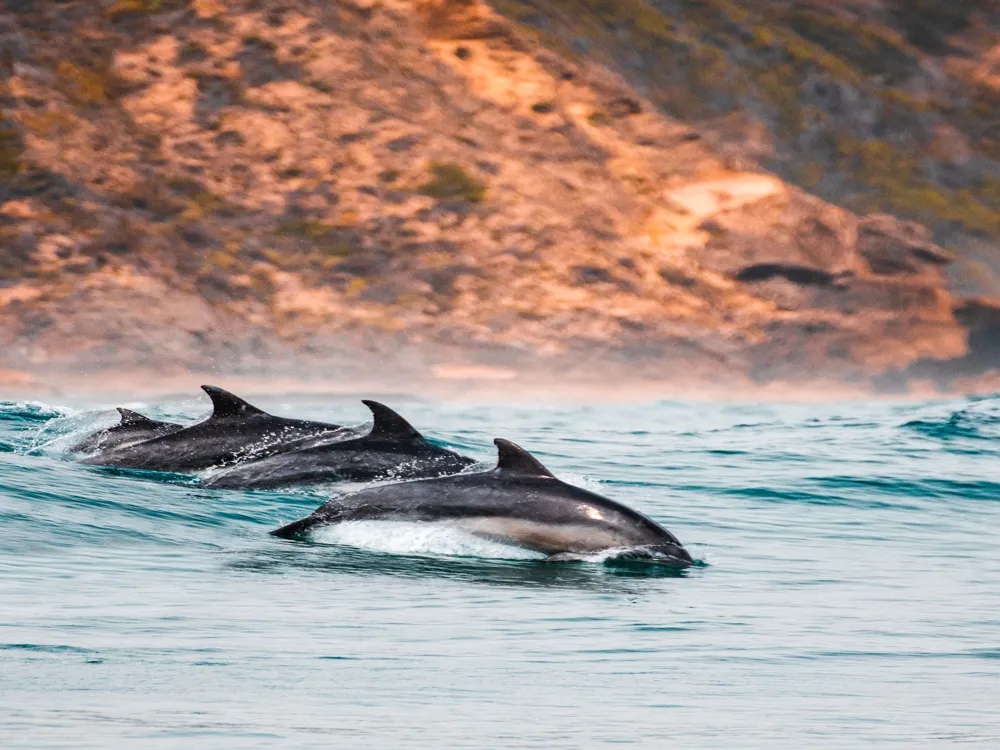Durban, a vibrant city on South Africa's stunning eastern coastline, is a melting pot of cultures and experiences. Known for its bustling harbor, the busiest in Africa, Durban is a dynamic blend of Zulu, Indian, and European influences. The city's subtropical climate, with warm, wet summers and mild, dry winters, makes it a year-round destination for travelers. Durban's Golden Mile, a popular beachfront area, invites visitors with its soft golden sands and warm Indian Ocean waters. The city's history is as colorful as its multicultural population. Established in 1824, Durban was initially a British colonial outpost and named after then Cape Colony governor, Sir Benjamin d'Urban. The discovery of gold and diamonds in the interior led to increased settlement and growth, transforming Durban into a major port city. Today, Durban's rich history is evident in its diverse architecture, cuisine, and cultural festivals, celebrating the harmonious blend of its varied communities. For nature enthusiasts, Durban offers lush gardens, parks, and natural reserves. The Umgeni River Bird Park, for instance, is a paradise for bird lovers, housing an array of exotic and indigenous birds. Durban's proximity to world-class game reserves and the UNESCO-listed iSimangaliso Wetland Park further adds to its appeal as a gateway to South Africa's wildlife adventures. Durban's economy thrives on manufacturing, tourism, and transportation. The city is a hub for industries such as sugar refining, petrochemicals, and automobile assembly. The Durban port, one of the busiest in the Southern Hemisphere, is central to the city's economic pulse, facilitating global trade and commerce. With its dynamic economy, rich cultural tapestry, and natural beauty, Durban stands as a jewel in South Africa's crown, offering a unique blend of experiences to its visitors and residents alike. Durban's architecture is a vivid reflection of its history and cultural diversity. The cityscape is a fusion of colonial, Art Deco, and modern influences, showcasing the evolution of Durban over the centuries. In the heart of the city, historic buildings, such as the Durban City Hall and the Old Courthouse Museum, exhibit classic colonial and neoclassical styles, symbolizing Durban's British colonial past. Another significant architectural feature in Durban is the prevalence of Art Deco buildings. During the 1920s and 1930s, Durban witnessed a construction boom, leading to the development of numerous Art Deco structures. These buildings are characterized by geometric patterns, bold colors, and ornamental detailing, capturing the essence of the era's optimism and progress. The Berea, a suburban area, is particularly noted for its splendid Art Deco apartments and homes. Contemporary architecture in Durban is equally noteworthy. The Moses Mabhida Stadium, built for the 2010 FIFA World Cup, is an architectural marvel with its iconic arch and modern design. This stadium not only serves as a sports venue but also as a symbol of Durban's commitment to innovation and progress in the 21st century. The influence of Indian architecture is also prominent in Durban, home to one of the largest Indian communities outside India. The Juma Masjid Mosque, the largest in the Southern Hemisphere, showcases intricate Islamic design and serves as a cultural and spiritual landmark for the city's Muslim community. In conclusion, Durban's architecture is a testament to its multicultural heritage, each style and era contributing to the city's unique urban tapestry. From colonial edifices to modern masterpieces, Durban's buildings tell the story of a city that has constantly evolved while embracing its diverse roots. While Durban's climate is pleasant year-round, the best time to visit is during the cooler, drier months from May to September. This period sees less humidity and rainfall, making it ideal for exploring the city and enjoying outdoor activities. Durban offers various transportation options, including buses, taxis, and ride-sharing services. The People Mover bus service is a convenient and affordable way to navigate the city center and beachfront areas. For longer distances, consider using metered taxis or ride-sharing apps for more convenience. Understanding and respecting local customs and etiquette is crucial. Greeting people with a friendly 'hello' and a smile goes a long way. In Zulu culture, which is prevalent in Durban, using the right hand for eating and greeting is considered respectful. Dress modestly when visiting religious or cultural sites. Like any major city, it's important to stay vigilant in Durban. Avoid isolated areas, especially after dark, and keep your valuables secure. Use reputable transportation services and be cautious when withdrawing money from ATMs. Always have a copy of your passport and important documents. Durban's culinary scene is a delight, with its blend of Indian, Zulu, and European influences. Be sure to try the city's signature dish, Bunny Chow – a hollowed-out loaf of bread filled with curry. Local seafood and traditional Zulu dishes are also a must-try. Durban is well-connected and accessible from various parts of the world. The King Shaka International Airport, located 35 kilometers north of the city, serves as the primary gateway for international and domestic flights. Regular flights connect Durban with major cities in South Africa and select international destinations. For travelers within South Africa, Durban is connected by national highways, making it accessible by car or bus. The N3 highway links Durban with Johannesburg, while the N2 connects it to Cape Town and other coastal towns. Luxury and budget bus services offer comfortable journeys to and from major cities. For a scenic and leisurely approach, consider taking a train. The Shosholoza Meyl offers long-distance train services between Durban and other major South African cities, providing an opportunity to enjoy the country's stunning landscapes. Once in Durban, the city's comprehensive public transportation system, including buses, taxis, and ride-sharing services, makes it easy to explore all that Durban has to offer.Overview of Durban
Architecture of Durban
Tips When Visiting Durban
Best Time to Visit
Local Transportation
Cultural Etiquette
Safety Tips
Local Cuisine
How To Reach Durban
Mitchell Park
Durban
₹ 35,000 onwards
View durban Packages
Durban Travel Packages
View All Packages For Durban
Top Hotel Collections for Durban

Private Pool

Luxury Hotels

5-Star Hotels

Pet Friendly
Top Hotels Near Durban
Other Top Ranking Places In Durban
View All Places To Visit In durban
View durban Packages
Durban Travel Packages
View All Packages For Durban
Top Hotel Collections for Durban

Private Pool

Luxury Hotels

5-Star Hotels

Pet Friendly








